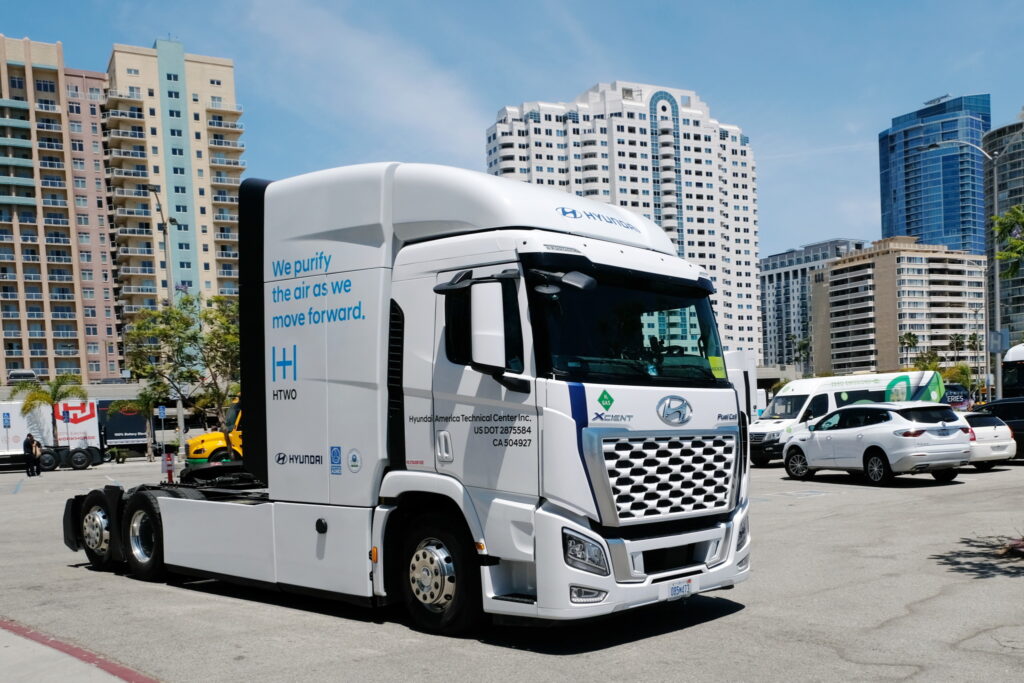There’s lot of talk about hydrogen as Canada’s fuel of the future. While there’s little doubt it will play a role in decarbonizing our economy, the pathway to hydrogen-powered transportation isn’t paved with soundbites or easy answers.
Hydrogen is the most abundant element in the universe. Stars, including the sun, are giant balls of hydrogen. But here on earth hydrogen is found in a compound form with other elements like oxygen (making water) or complex hydrocarbons such as natural gas, coal, and petroleum.
Separating hydrogen from its compound form is messy and complicated.
Hydrogen offers many benefits as an energy source for trucks, but the cost-benefit calculation is anything but clear right now. Hydrogen isn’t necessarily a fuel, per se, though it can be when burned in an internal combustion engine. When used in a fuel cell application, hydrogen is an energy storage medium. It functions more like a battery, retaining some portion of the energy used to separate it from the host compound. This energy can be stored and transported as a compressed gas or a cryogenic liquid.
Converting renewable energy to hydrogen
It’s this separation process we’re struggling with. The energy lost to the conversion process, especially electrolysis, renders it wasteful and inefficient. David Cebon, a professor of mechanical engineering at the University of Cambridge, outlined that inefficiency in a recent blog post.
“Converting renewable electricity into hydrogen via electrolysis [separating hydrogen from oxygen in water using an electric current], compressing and storing the hydrogen, and then running it through a fuel cell to generate electricity to drive an electric motor has an overall efficiency of around 23%. That means that 77% of the energy is wasted as low-grade heat through the energy conversion chain in a FCEV (fuel cell electric vehicle).”
Cebon goes on to say that for every 100kWh of renewable energy generated, around 69 kWh reaches the wheels of a battery-electric vehicle. “Consequently, the FCEV requires three times more renewable electricity to drive it the same distance as a BEV.”
That has consequences for any energy grid, especially a grid powered by fossil fuel. But harvesting wind, solar, and even hydro-electric power that might otherwise go untapped mitigates some of hydrogen’s inefficiency – unless battery-driven systems are competing for that energy.



Leave a Reply